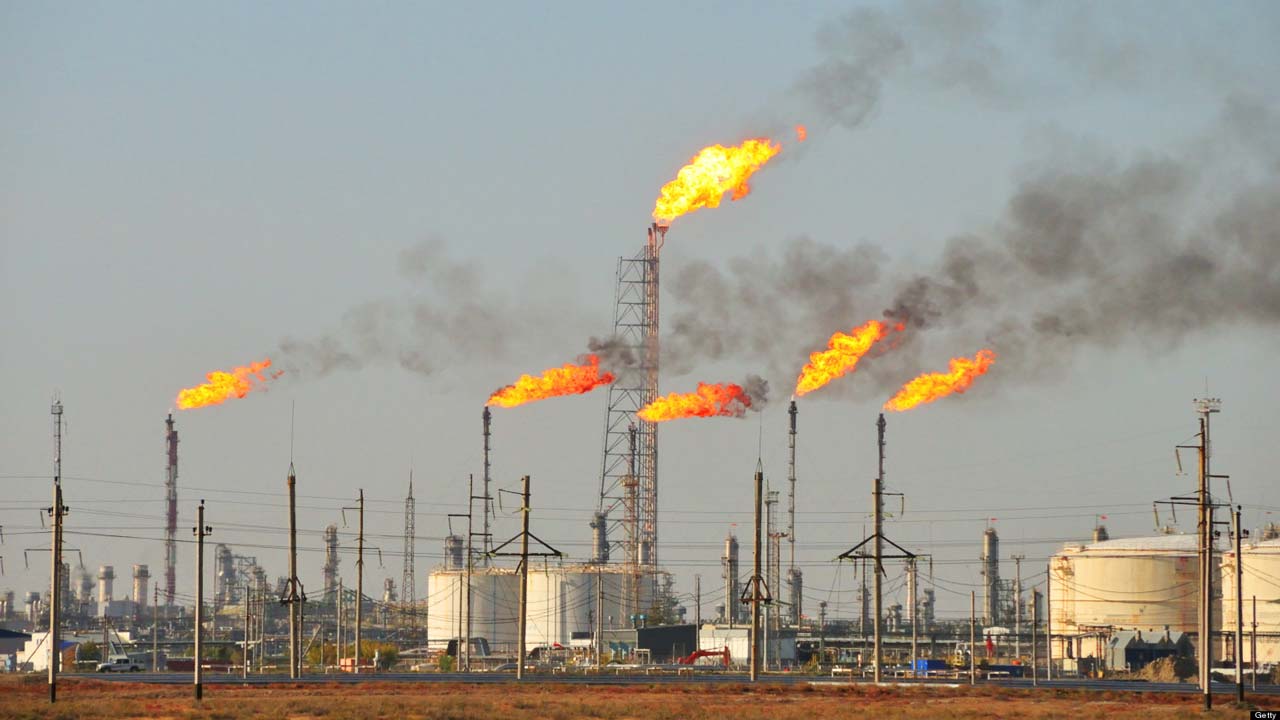Nigeria is likely to earn less foreign exchange as global natural gas prices fell by more than 50% in January.
Oluwatomi Mayowa, a senior analyst at Financial Derivatives Company, made this prediction on Channels Television on Thursday.
Remember that natural gas accounts for 14% of Nigeria’s exports, worth $10 billion.
Reasons for the jump
According to Oluwatomi, many European countries have stocked up on natural gas for the winter. Also, the Winter did not turn out to be as cold as predicted. As a result, natural gas demand in Europe is currently low.
The effect on Nigeria’s currency
According to Oluwatomi, the commodity accounts for 14% of Nigeria’s exports, so low demand for natural gas will reduce the country’s foreign exchange earnings.
Lower revenues may also make it difficult for the federal government to fund the 2023 budget. There could also be more currency restrictions and rationing, forcing many people (including manufacturers) to seek out dollars on the black market.
Nigerian cooking gas prices
Oluwatomi suggested that more investments be made in the LPG sector, including the construction of a better supply system, in order for Nigeria to become self-sufficient in the liquefied petroleum gas (cooking gas) sector.
She predicted that in the coming year, more companies would invest in LPG production, increasing the country’s capacity. She does not believe that Nigeria will be self-sufficient in cooking gas production by 2023 based on current projections, as the country will still need to rely on imports to make up for shortfalls.
The Russia-Ukraine conflict
Oluwatomi also mentioned the war as a factor that could influence gas prices. She stated that if the war ended today, Russia’s sanctions would be lifted and the country would resume normal exports to European countries, resulting in lower gas prices. Furthermore, because it is the cleanest fossil fuel source, gas is likely to thrive even during the clean energy transition.
According to analysts at Rystad Energy, ICIS, and Wood MacKenzie, China’s demand for Liquefied Natural Gas (LNG) is expected to rebound to between 70 million and 72 million tons in 2023, up 9% to 14% from 2022. However, LNG imports to China would likely fall short of record levels in 2021 because prices would remain high and the pandemic’s lingering effects would limit demand.











